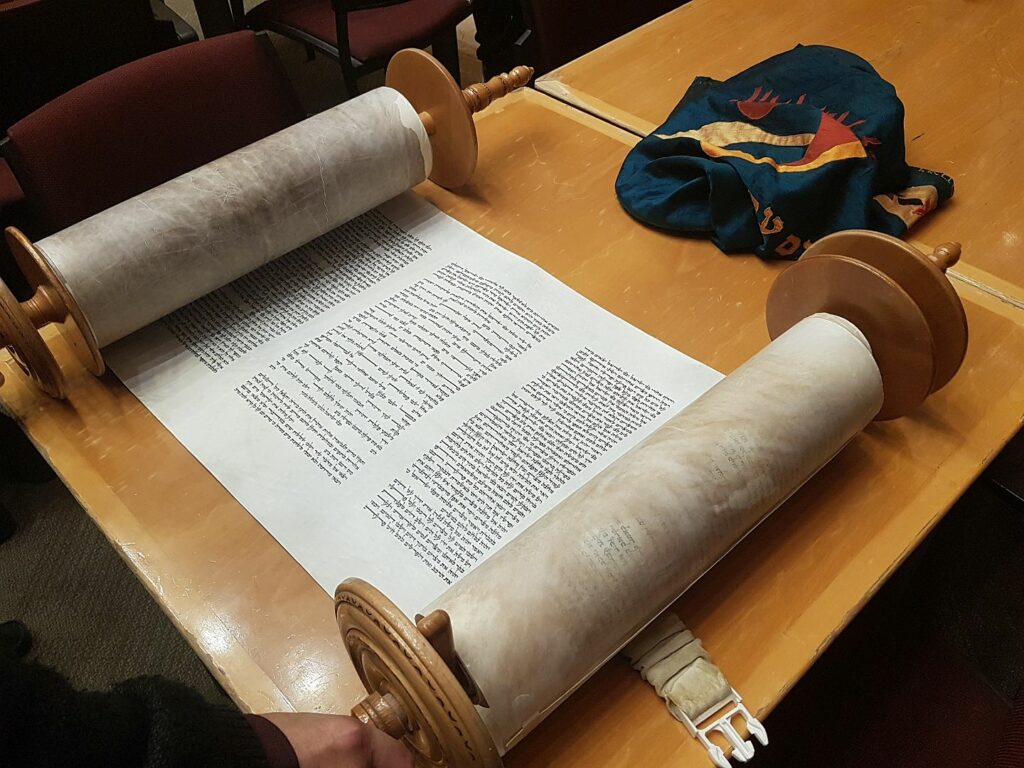The John Paul II Center’s Russell Berrie Cohort XII traveled to Israel last month on a study tour, where they studied Judaism at the Shalom Hartman Institute, visited museums, and saw holy sites of all three monotheistic religions.
Below is a reflection by fellow Nataliia Pavlyk of Ukraine on the lesson of midrash – a method of interpreting Jewish sacred texts that seeks to answer religious questions and analyze the meaning of the words of the Torah – at the Shalom Hartman Institute, which she dedicates to Professor Noam Zion
The Jewish tradition of midrash is as an absolute eye opener and mind extension. It is a significant tool, which makes one’s mind free of any prior knowledge, and a methodological step towards the truth. It is a deconstruction of already existing assumptions about religion and belief with their following reconstruction in a totally different paradigm.
Although dealing with religious discourse, midrash is a strict analytical tradition of reasoning. It uses language as a medium to reach the meaning. That is why to be a scholar in Judaism means to be a scholar of the word and reason. It is a field where any supernatural explanations, including miracles and God’s voice, are not valid because the intellect goes far beyond prophecy and creates a new horizon which sheds the light of wisdom.
The art of midrash consists of such steps as reading the text, “filling the gaps” with questions (without answering them), studying midrash itself and discussing it in chavruta groups. The only rule is to be creative and dare to go further and deeper as much as possible demanding the text’s truth and seeking for potential revelatory spaces. Besides, it is not important what has happened in reality but how we can interpret it, what we can learn from it and how we can apply it in our daily life.
As a final observation, midrash is a significant method to make one’s heart “a heart of many rooms” reconciling diversity through faith pluralism and multiple truths. It is a courage to think and a bravery to look beyond. It is an opposition between reason and revelation that leads to a personal illumination. It is a supremacy of intellectual pleasure. Once you experience it, your perception will never be the same.

